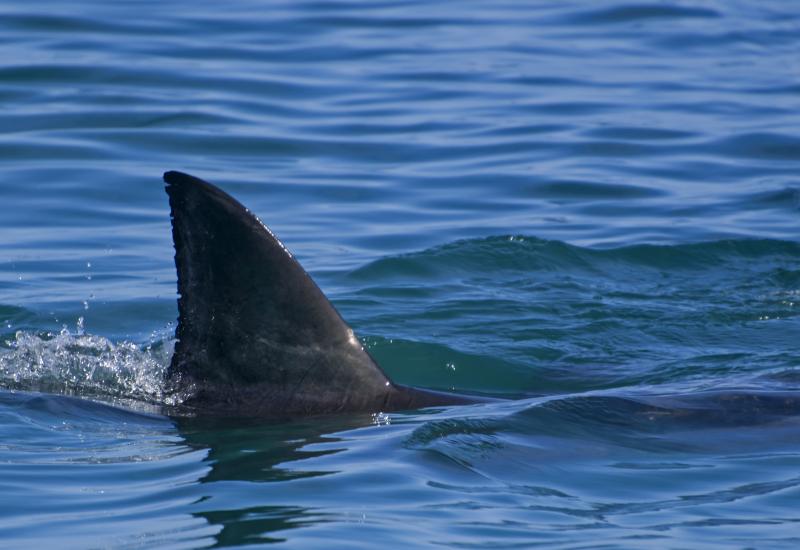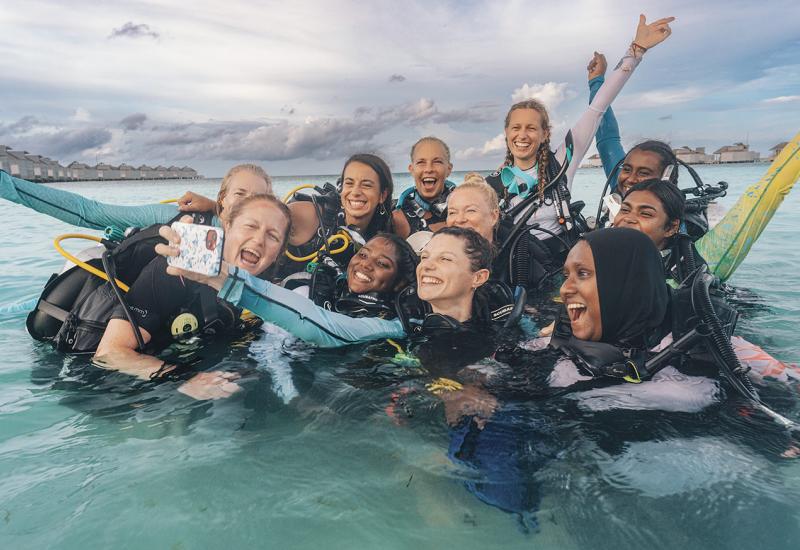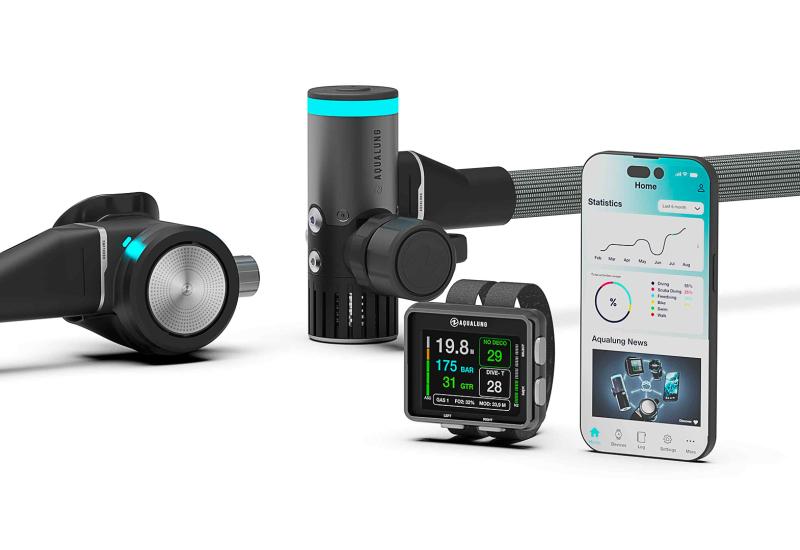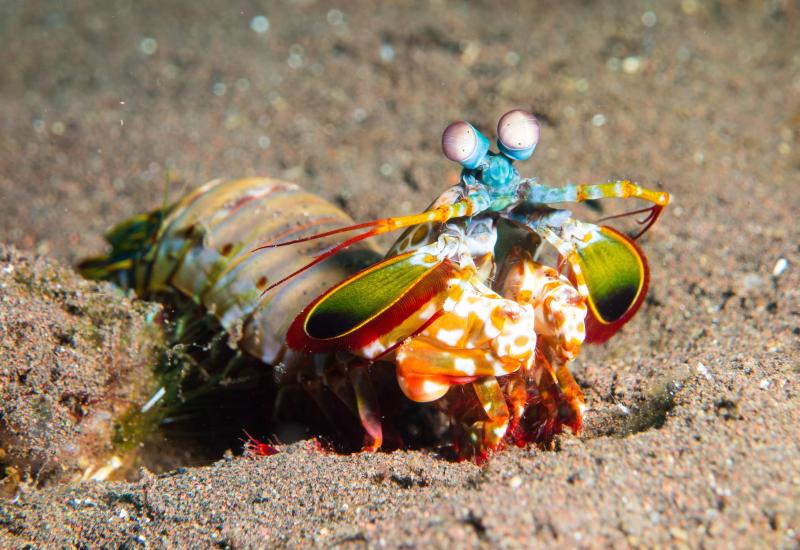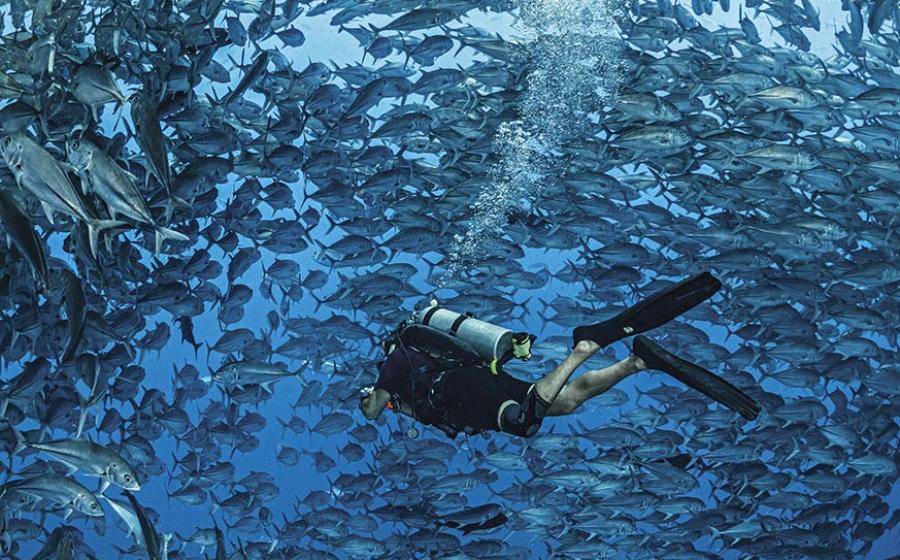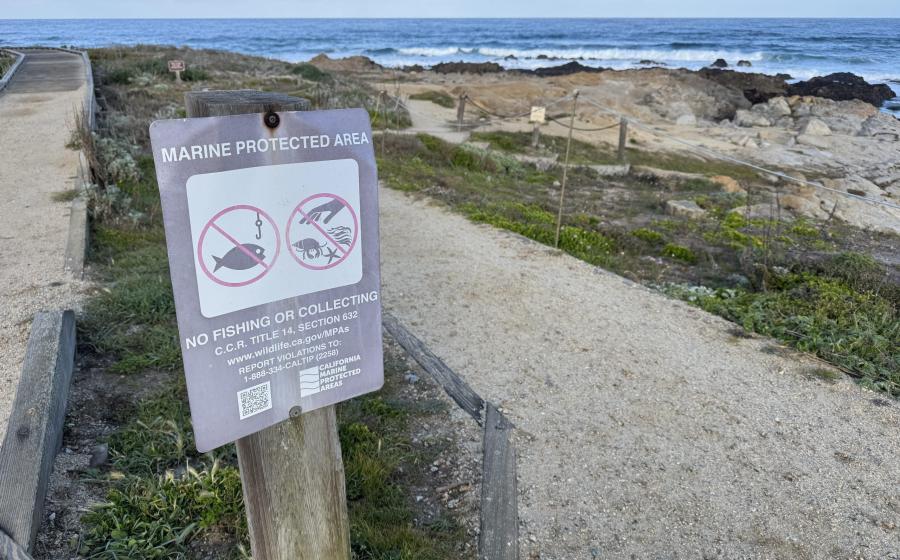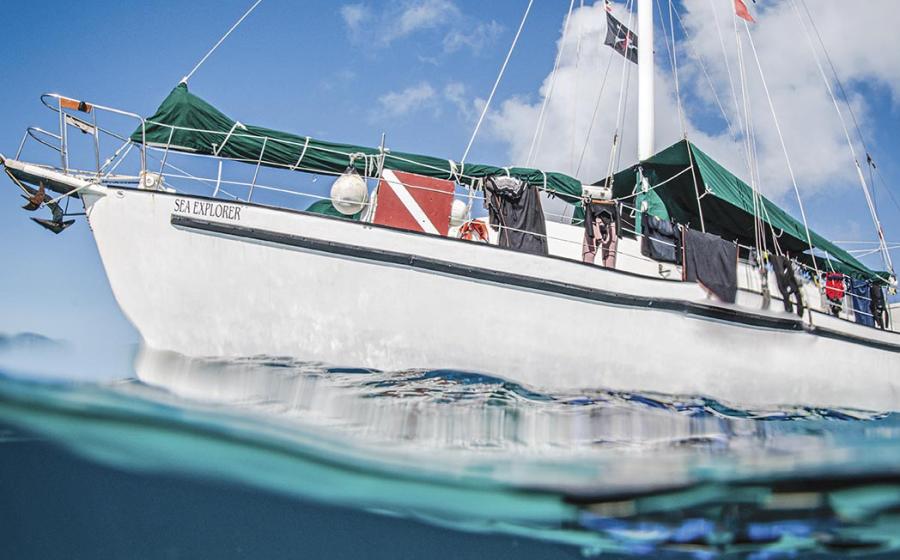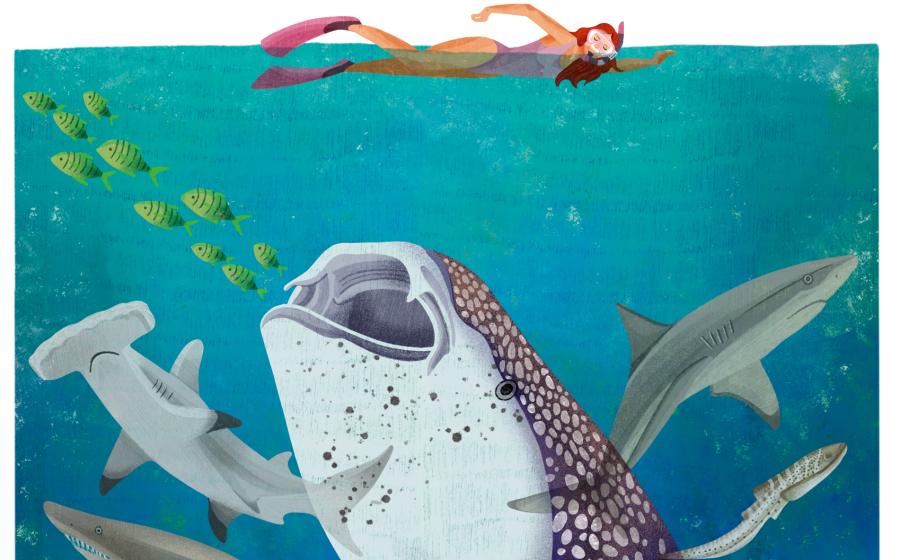Gulf Oil Spill: What You Can Do To Help
Every day, at least 5,000 barrels — that’s 210,000 gallons — of oil are estimated to be leaking from BP’s Deepwater Horizon oil platform 50 miles off the coast of Louisiana, causing severe damage to wildlife and fish populations, and to the many communities that depend on healthy fisheries and tourism in the Gulf of Mexico. The oil is expected to reach the Mississippi delta on Friday, May 7. More than 30 sea turtles have been found dead along Mississippi’s Gulf shoreline (though necropsies have yet to confirm these are related to the oil spill) and conservationists are worried about the 5,000 dolphins that live in the Gulf and around the mouth of the Mississippi river. May is the hatching season for many birds, reptiles and shellfish. This is one of those catastrophes when everyone wants to help in some way. Gulf Coast communities are facing the challenge of managing the immediate cleanup and recovery needs of area residents, businesses, wildlife and marine life. Here are some links to groups looking for your contribution — either your dollars or your time: • To request volunteer information, call (800) 440-0858. • Individuals should not attempt to help injured or oiled animals. Report any sightings to the Wildlife distress hotline: (866) 557-1401. • An anonymous donor is matching every dollar raised by Ocean Conservancy. Donate from its web site (www.oceanconservancy.org) or from its Facebook page. • In Louisiana, sign up to volunteer through the Coalition to Restore Coastal Louisiana at crcl.org • In Florida, Volunteer Florida is looking for volunteers to help with pre-impact beach cleanups (www.volunteerflorida.org). • To volunteer your time or your boat, register with the Sierra Club at http://action.sierraclub.org/Oil_Spill_CleanUp . • The Greater New Orleans Foundation has opened the Gulf Coast Oil Spill Fund, which will benefit communities most affected by the oil spill in Plaquemines, St. Bernard and lower Jefferson parishes. Donations can be made online at www.gnof.org.
Every day, at least 5,000 barrels — that’s 210,000 gallons — of oil are estimated to be leaking from BP’s Deepwater Horizon oil platform 50 miles off the coast of Louisiana, causing severe damage to wildlife and fish populations, and to the many communities that depend on healthy fisheries and tourism in the Gulf of Mexico. The oil is expected to reach the Mississippi delta on Friday, May 7. More than 30 sea turtles have been found dead along Mississippi’s Gulf shoreline (though necropsies have yet to confirm these are related to the oil spill) and conservationists are worried about the 5,000 dolphins that live in the Gulf and around the mouth of the Mississippi river. May is the hatching season for many birds, reptiles and shellfish. This is one of those catastrophes when everyone wants to help in some way. Gulf Coast communities are facing the challenge of managing the immediate cleanup and recovery needs of area residents, businesses, wildlife and marine life. Here are some links to groups looking for your contribution — either your dollars or your time: • To request volunteer information, call (800) 440-0858. • Individuals should not attempt to help injured or oiled animals. Report any sightings to the Wildlife distress hotline: (866) 557-1401. • An anonymous donor is matching every dollar raised by Ocean Conservancy. Donate from its web site (www.oceanconservancy.org) or from its Facebook page. • In Louisiana, sign up to volunteer through the Coalition to Restore Coastal Louisiana at crcl.org • In Florida, Volunteer Florida is looking for volunteers to help with pre-impact beach cleanups (www.volunteerflorida.org). • To volunteer your time or your boat, register with the Sierra Club at http://action.sierraclub.org/Oil_Spill_CleanUp . • The Greater New Orleans Foundation has opened the Gulf Coast Oil Spill Fund, which will benefit communities most affected by the oil spill in Plaquemines, St. Bernard and lower Jefferson parishes. Donations can be made online at www.gnof.org.

